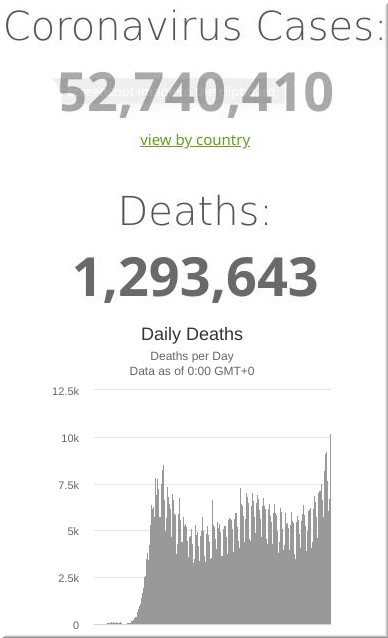

TO BE INCLUDED in our next daily summary of news (or Daily Links) is this new update about the European Patent Office (EPO) and German Patent Office (DPMA), which has some commonalities with the former. Notice how they're handling the pandemic:
The European Patent Office (EPO) has requested that all visitors abstain from visiting the EPO if they have recently visited a high risk area, on November 2, 2020. Visitors who have been to a high risk area must confirm they have had a negative COVID-19 test taken at least five days after they left the high risk area. Visitors will also be asked to sign a declaration of the areas they have visited in the two weeks prior to their visit to the office.
The German Patent Office (DPMA) has announced that it held a virtual meeting of its User Advisory Council and discussed the Office operations in light of the COVID-19 pandemic, on November 2, 2020. The User Advisory Council addressed, among other topics, current developments concerning patent and utility model procedures during the coronavirus crisis and patent information trends.
This European patent application underlying the present decision relates to a control method for road toll collection using a control system. Every vehicle on every road section that is monitored by the system is to be checked by collecting usable vehicle information. Based on these information, it is decided whether suspicious vehicles are stopped and checked manually by inspection staff (cf. WO 02/061690 A1, pages 1-3).
[...]
During appeal stage, the applicant further argued that assigning the vehicles to be checked into different case groups as specified by claim 1 would be technical (cf. point 1.5 of the appeal decision). In more detail, it would be technical to change the number of vehicles that need to be checked by assigning them to different groups which are then used to decide whether a vehicle is manually checked or not.
However, the board in charge did not follow these arguments and argued that assigning vehicles to different groups is a business-related method to control the number of vehicles to be checked, as for example outlined in the description in the sentence bridging pages 30 and 31. Hence, also the feature of claim 1 referring to the case groups is considered non-technical and thus not relevant for assessing inventive step.